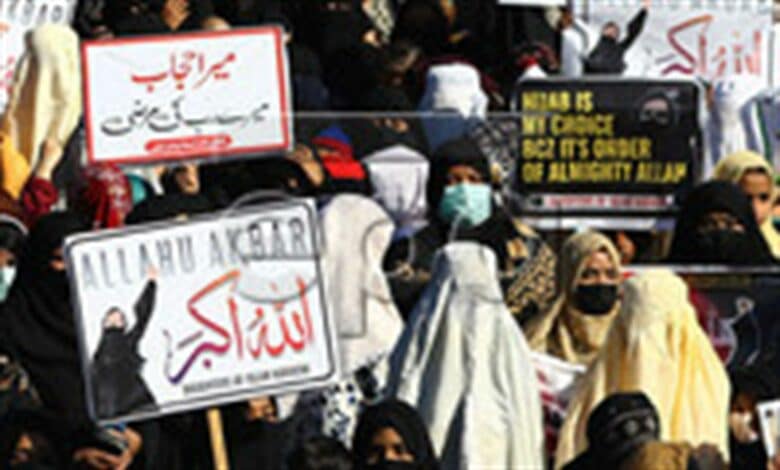
UN report expected to give the starkest warning yet of the devastating impacts in store if world fails to curb climate change
Corals become "bleached" when water temperatures rise too high and are sustained for too long, Fiji.
WWF-Pacific’s Director urged Pacific Island leaders and conservation partners to commit conservation targets and hold global leaders accountable for stabilising global temperature under 1.5C.
Monday, the virtual approval session begins for the latest climate science report from the UN’s Intergovernmental Panel on Climate Change (IPCC).
The report is expected to outline the severe impacts of a warming world on natural and human systems and how adaptation can help reduce vulnerability and manage climate risks. It is expected to make the devastating consequences of climate change for people and nature clearer than ever.
The new report follows in the wake of the COP26 UN climate talks in Glasgow, where world leaders failed to close some significant gaps in the global response to the climate crisis.

Mangrove planting as part of the Nacula Coastal Rehabilitation project in the Yasawas, Fiji.
Dr Stephen Cornelius, WWF Global Lead for IPCC said: “The upcoming climate report from the IPCC is expected to lay bare the devastating impacts that delayed action and weak implementation of countries’ climate promises are having on people and nature.
“Over the past year, we’ve seen more examples of the ruin to lives and livelihoods caused by more frequent extreme events, from heatwaves to floods and wildfires. This offers a small glimpse of what a warmer world brings. We know that to help communities and ecosystems now and in the years to come, governments need to invest more to build climate resilience and to slash polluting carbon emissions to give adaptation a fighting chance.”
WWF-Pacific’s Director, Dr Mark Drew emphasises the urgency stated by Dr Cornelius regarding the findings of the report and the urgency for Pacific Island leaders and conservation partners to unite and set, implement and achieve committed conservation targets within the region and similarly hold global leaders accountable to stabilising global temperature under 1.5C.
“The IPCC Report is recognised as being the most scientifically robust and objective of its kind. There is no longer any dispute about whether our climate is changing and why. The Report’s findings are clear, extremely concerning and leave little doubt for continued naysayers. We as a global community need to join efforts to act now and change our approaches for the sake of our planet and humanity. WWF-Pacific stands committed to assist Pacific Island leaders, governments, CSO and communities to achieve commitments and pledges made under the Paris Agreement for lasting change.”

Old tree trunks and roots, partially hidden in the sand, bear witness of where once no seawater reached. Nowadays, these trees are more than 24 meters away from the shoreline. Raviravi, Vanua Levu, Fiji.
1. The IPCC Working Group II report – Climate Change 2022: Impacts, Adaptation and Vulnerability Summary for Policymakers (‘SPM’) will be discussed line-by-line by governments at a two-week virtual approval session starting 14 February. If approved, the SPM and the several-thousand-page scientific assessment report will be released on 28 February 2022 at 10 am CET.
2. The Intergovernmental Panel on Climate Change (IPCC) is the UN body for assessing the science related to climate change. It was established by the United Nations Environment Programme (UNEP) and the World Meteorological Organisation (WMO) in 1988 to provide political leaders with periodic scientific assessments concerning climate change, its implications and risks, as well as to put forward adaptation and mitigation strategies.
3. The Working Group II report is the second of four parts of the IPCC’s Sixth Assessment Report (AR6). The Working Group I report (physical science of climate change) was released in August 2021, while the Working Group III report (mitigation of climate change) will be released in April 2022. The Synthesis Report which brings together information from all three working group reports will be released in October 2022.
This story was originally published at WWF Pacific on 14 February 2022, reposted via PACNEWS.











